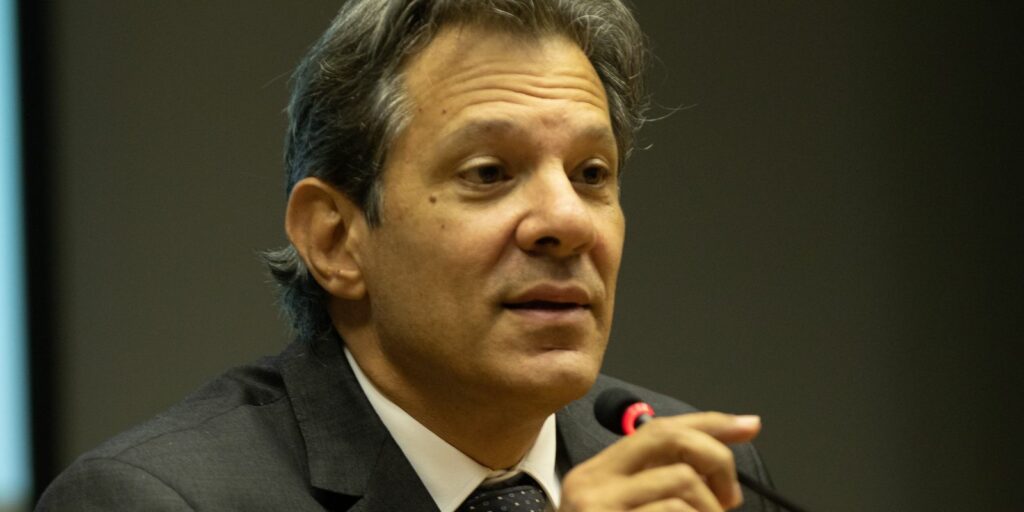The inflation data for February, which was driven especially by the education item, showed a moderation in its growth compared to the trend that dragged on in previous months. The indicator showed a monthly variation of 1.66%, and this led to the annual variation of the consumer price index (CPI) to 13.28%.
(Read: In five years the current rose more than $3,000 and is already at $10,000).
After these figures, the Minister of Finance, José Antonio Ocampo, assured that inflation has already reached its ceiling in Colombia, but pFor some market players, that point may not have been reached yet.
“I am pleased that the country’s inflation has peaked and, in particular, that the annual rate of inflation for low-income households and agricultural products has decreased. In March we will begin to see a lower rate of increase in prices”, assured the Minister of Finance on his Twitter account.
One of the voices that coincides with Ocampo is that of Andrés Langebaek, executive director of economic studies at Grupo Bolívar-Davivienda. “I do believe in the Minister’s statement, because inflation rose marginally, and food inflation fell significantly, from 26.18% to 24.14%. The probability that headline inflation will fall in March is quite high”, he assured.
(In addition: The sectors and products that increased the most in price in February).
Sergio Olarte, Chief Economist at Scotiabank Colpatria, He acknowledged that despite the fact that the inflation data rose a bit, “it seems that the ceiling is already being reached, especially since food is slowing down significantly, although there is still pressure on some perishables due to the exchange rate and the weather, but less than what was seen last year, with the effect of the war in Russia and Ukraine,” he said.
The expert assured that, despite this, inflation will continue at around 13% or 12.5% throughout the first half of the year, and that it will continue to decline further into a 9% range towards the end of the year.
But on the other hand, there are also positions that consider that the inflationary peak has not arrived yet.
In an analysis prepared by Banco Itaú, it is argued that “inflation still hasn’t hit a ceiling”, and that the figure was somewhat above market expectations. “Because inflation remains high and has not yet reached its ceiling, we expect the Banco de la República to increase interest rates by 50 basis points at this month’s meeting, which would leave them at 13.25%”assured the entity.
(Keep reading: Inflation in Colombia already shows signs of moderation).
Likewise, Alejandro Rojas Cano, Bancolombia’s market and central bank analyst, highlighted that the result for February has a positive reading on consumer inflation since it suggests that in the coming months the peak of the current inflationary situation will be reached.
“In our opinion, this maximum would be reached the following month when annual inflation is around 13.3% and, from that point, begins a consistent correction trend given the best environment from the behavior of costs and due to the economic slowdown. in which the country is locatedRojas explained.
Rojas also mentioned that the indexation effect due to inflation last year and the increase in the minimum wage on service rates would be mitigated as of the following month. In addition, He said that in the food basket he expects the downward trend to continue throughout the year.
On the other hand, and despite recognize a marked slowdown in inflationfrom Grupo Bolívar-Davivienda, Langebeak assured that it is necessary to look at the lessons that inflation has left in other countries such as the US, some developed countries, or emerging countries such as Brazil, which suggests that the reduction in inflation “begins with the goods side, while services are harder to deflate.”
(Read: Food inflation would close the year at 15.1%).
According to Langebeak, there is already a reduction in prices in the agricultural sector, and in manufacturing inputs, but it will be much more difficult to lower inflation in services, such as rents. “It will be almost impossible to lower tuition in colleges and universities and also in transportation, with the price of gasoline that is lagging behind some increases that were due a long time ago”, explained the expert.
LAURA LUCIA BECERRA ELEJALDE
Portfolio Journalist
















